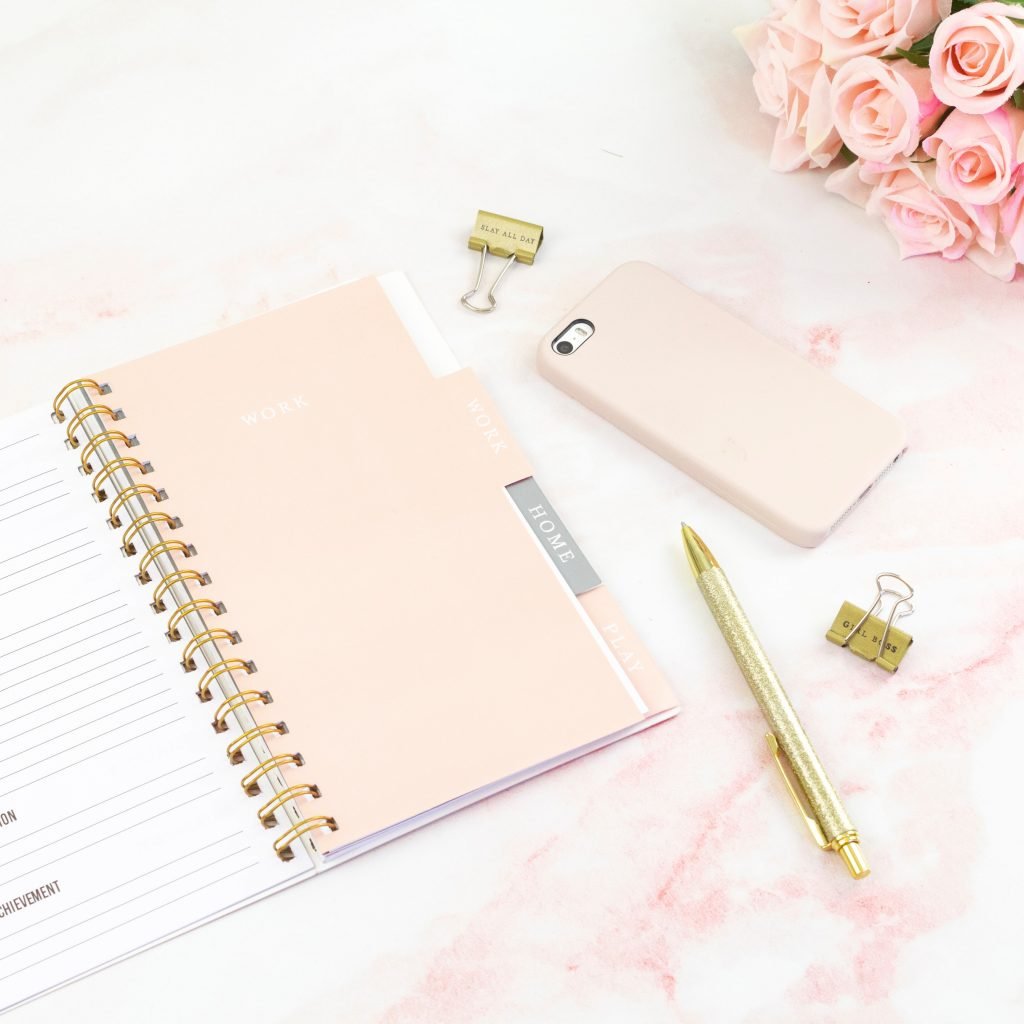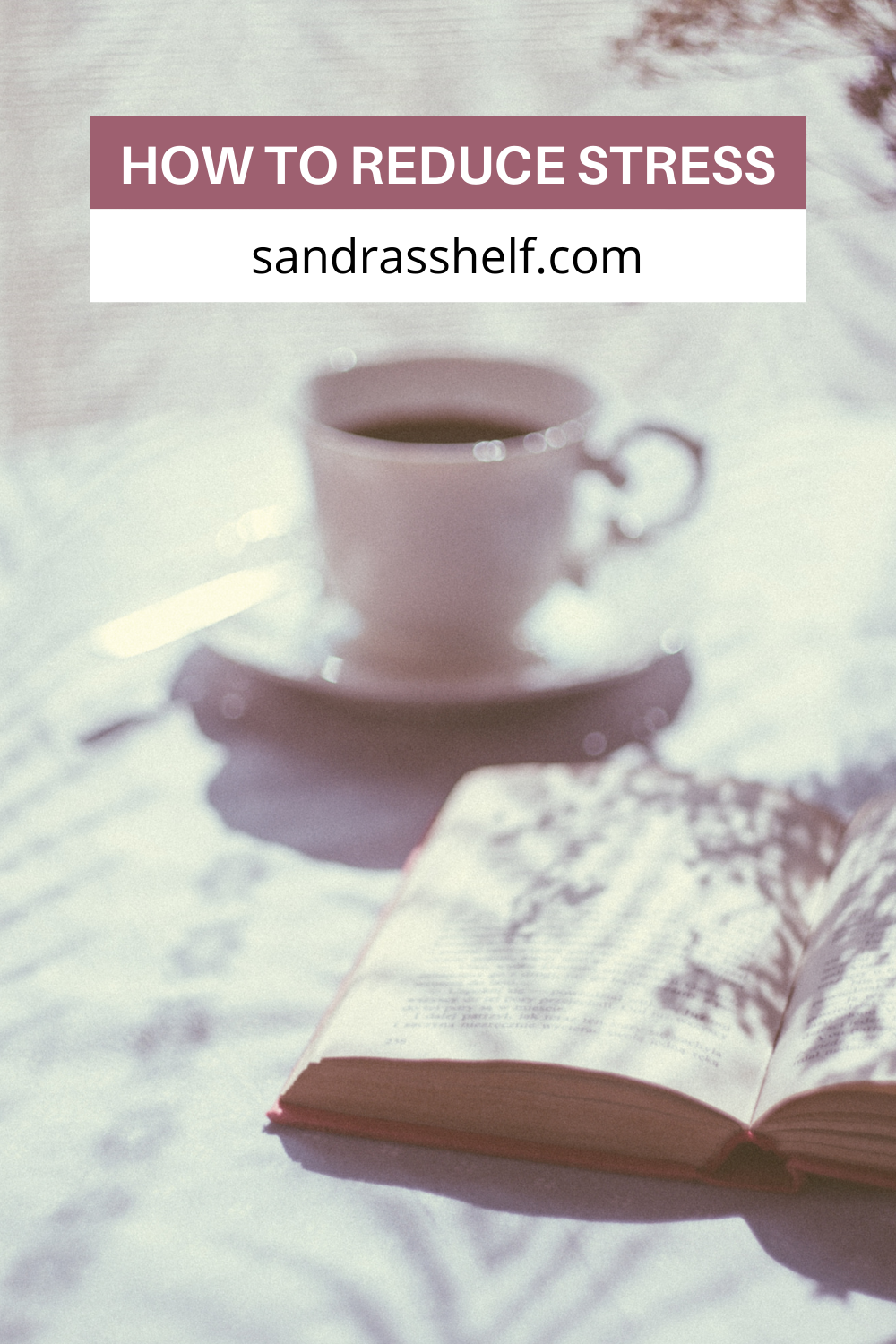
I used to have a real hard time with stress. I still do stress a lot but it is mostly as a result of big and new events in my life than a day-to-day stress, which has been a relief.
Reducing stress is not always an easy and instantaneous process. Actually, we can effectuate some steps little by little that amount to much lesser stress in the long run.
In this post, I go through the 10 effective ways – that have personally helped and worked for me – to significantly reduce stress overtime.
1. Limit social media use

Social media can contribute to stress as it is another platform of sharing and relating information as well as personal experience(s).
If you are already overwhelmed in your own life – which causes you great stress – being further involved and following many other people online can exacerbate your stress.
Social media can take up a lot of your mental space and physical time, further dragging you away from confronting, understanding, and working through the stressful times in your life.
(Sure, social media can be an escape but it is not as effective as say reading or writing down your emotions would be.)
Setting a timer or limit of consuming and/or going on social media will help you preserve your time, space, and mental clarity to focus on your own life. And consequently, reduce stress.
Scrolling consistently through feeds in order to reach an end, just to do it all over again in an hour’s time, is anxiety inducing. At least it is for me and many of my close friends.
I would also try to abstain from going on social media in the morning and night time. You don’t need to bombard your mind during the times that should be the most peaceful and transitional of your day.
2. Maintain a healthy diet

Maintaining a healthy diet can help reduce stress. In fact, the foods and nutrients we consume largely impact our mood(s) and overall functioning.
Consumption of processed food and processed sugar make us irritable, depressed, sluggish, and many other negative side effects (e.g., weight gain, acne, etc.) which contribute to further stress and anxiety.
I found a list of foods that help relieve stress from the Healthline website. You can read that list here.
Cacao contains a lot of potassium which greatly lowers stress levels. Dark chocolate releases dopamine ‘happy hormones,’ which evidently elevates mood and also reduces stress.
If you are feeling really stressed, try to stay away as much as you can from alcohol as it can be a depressant that triggers and provokes further anxiety, and weight gain. Not a good fit at all for someone who is trying to reduce stress.
Similarly, too much caffeine can be detrimental as it can cause nervousness, anxiety, and agitation. Instead, replacing that extra cup of coffee with a glass of water goes a long way. The brain shrivels up without enough water as water gives oxygen to our cells.
3. Exercising every day
Exercising every day even for half an hour will greatly reduce stress. An active body quiets an overactive mind.
And so exercising much like a healthy diet, improves mood, boosts energy, and therefore, reduces stress.
Plus, exercising promotes a more restful sleep. And as we will see later in this post, good sleep also reduces stress.
4. Going for a walk / Going outside

Similarly, going for a walk also reduces stress and anxiety. As walking engages the mind with new environments; sights, peoples, and even atmospheres.
Walking refreshes the mind as the outdoor presents fresh air. Walking has been known to promote mental and physical well-being.
Going outside – after spending long periods indoor or at a desk or in an enclosed space – presents much needed fresh air that soothes the mind (and lungs) from trapped atmospheres.
SEE ALSO: How to Refresh Your Life (20 Ways)
5. Have a half an hour to decompress
Have half an hour to decompress daily. Having this time for yourself every day will promote good feelings and induce relaxation and therefore lower stress.
Taking time for self-care and incorporating it into your routine can greatly reduce stress in the long run as you are valuing time to do activities that will help you decompress.
This habit also illustrates to your brain and your body that you are capable and worth of relaxation, therefore tricking it to slow down and take a break from the constant excitements of life.
Some activities that help decompress:
- Journal
- Reading
- Bathing
- Meditating
- Putting together a puzzle
- Drawing
- Listening or playing music
6. Reading

I had to put reading separate on this list because it is a wonderful way to reduce stress.
Reading can be an escapist activity that distracts our mind – even if sometimes only momentarily – from the thoughts that ail us.
It is true that reading is not only escapist as it still engages the mind and it is a great resource for consuming information. But unlike social media, there is a focus and an end in mind.
Furthermore, reading about problems similar to your own can help you feel less alone, help you find solution(s), or come to accept your trouble in order to broach the next step. All of these steps can help lower your stress level.
7. Regular sleep

Having a regular sleep as a result of a regular sleep schedule will ensure that your moods remain stable.
Regular sleep also enhances performance and productivity.
During the hours of sleep, the body gets rid of toxins and strengthens memory. When you wake up the next day, you actually feel like you are having a fresh start.
In my first years of university, I would hardly sleep. I prioritized studying all night before an exam. Suddenly, when I started sleeping, I did much better on exams although I spent less time studying.
Plus, sleeping more made me stress even less for the exam even if I didn’t study as much. And I thought to myself, wow sleep is magic.
All of this to say, never underestimate the benefits of proper, regular sleep.
SEE ALSO: 5 Healthy Habits to Incorporate in Your Night Time Routine
8. Time management

Time management is key to reducing stress. One of the many reasons why stress builds to such an unmanageable threshold is due to feeling incompetent in managing our time.
The tasks add up and time escapes us, and as a result, we become more stressed. We scramble to do things, to keep pace, but it becomes a fruitless endeavour.
A tip for managing time involves not leaving things to do for the very end and/or before they’re due.
Easier said than done, I know.
But it is possible. The next time you have something due in a month’s time, start on it right away and see what happens.
When we make good of our time, we gain a greater sense of responsibility and control of our lives. And thus, reducing stress and anxiety and inducing confidence and mental well-being.
SEE ALSO: How to Fight Laziness (7 Easy Tricks)
9. Talk to someone you trust
Talking to someone you trust helps reduce stress as they listen to the things that worry you and help guide you through the stressors of your life. (Simply through the simple act of you voicing your thoughts and the other person by listening.)
You can talk to a close confidant such as a family member or a friend, or a licenced professional.
Talking openly and honestly unburdens your heart and your worrying thoughts, thus, reducing stress on the spot.
But, especially in the long run as you get into the habit of not keeping everything in.
10. Journal

Journaling is another great way of reducing stress as it is tool for expressing your worries and laying it all out, but this time on paper.
It is also a way of deeper, conscious, self-reflection. And therefore, a way to track your stress level through time.
I go through a list of benefits for your mental health about journaling in this blog post here, if you would like to read more.
SEE ALSO: 5 Benefits of Journaling for Your Mental Health
I hope this post has helped you find ways in which you can reduce stress. Let me know what are some techniques and/or methods you have incorporated in your life in order to greatly reduce stress!
- How to Become Your Own Bestfriend (5 Helpful Tips + My Experiences)
- How to Annotate a Text for University
- How to Stop Self-Sabotage (5 Helpful Steps)
- How to Wake Up Early (7 Tricks that Actually Work)
- How to Build Self-Esteem (6 Crucial Steps to Follow)
Like the post? Save Pin for later!








Leave a Reply